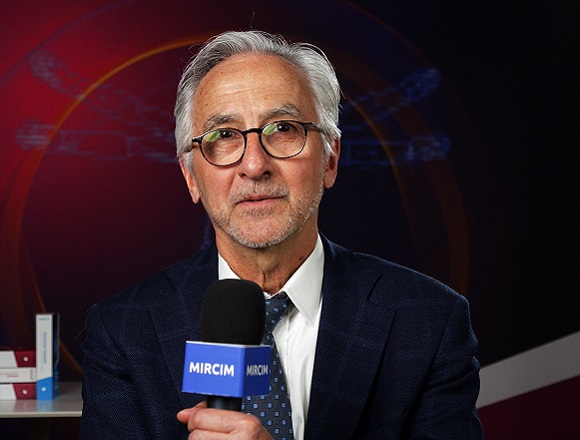Imran Satia, MD, PhD, is an assistant professor in the Division of Respirology at McMaster University.
What is the difference between refractory and unexplained chronic cough?
This is an important differentiation because these patients who present with chronic cough—which is a cough that is happening on a daily basis for ≥8 weeks—to a physician or a health-care provider may find the reason for the cough. The cough then gets better, it is treated, and goes away.
In some patients, you do the investigations and treatments and then we treat asthma, bronchiectasis, chronic obstructive pulmonary disease (COPD), we stop smoking, or we change the medications for blood pressure. But even after finding the cause and treating the cause as best as we possibly can, unfortunately, the cough is still persisting. When the cough persists, then we call this refractory chronic cough because the cough is being refractory to the treatment that we’ve tried for those underlying conditions. That’s what we mean by refractory chronic cough.
For unexplained chronic cough—this is when we investigate patients presenting with chronic cough by doing all the necessary investigations, but unfortunately when we do all of these tests, all the tests are normal or negative. We can’t find an underlying trait or underlying associated trigger. In these situations, there’s no asthma, there is no COPD, there’s no bronchiectasis, there’s no lung disease, there’s no nasal disease, there’s no reflux disease. In this situation, we call this unexplained chronic cough.
Refractory cough is because it’s refractory to treatment of the underlying disease; and unexplained, where there’s no underlying trait or disease to treat and the patient is still coughing.
It’s very important to also understand the pathology behind these 2 conditions of refractory and unexplained chronic cough. We think that the underlying mechanism is something called cough hypersensitivity syndrome, where the nerves that control cough, like the vagus nerve, which innervates the lungs and the throat and sends signals to the brain—that mechanism and that system have become hypersensitive and hyperresponsive. That’s the reason why new therapies are designed to suppress those neuronal responses.
 English
English
 Español
Español
 українська
українська






